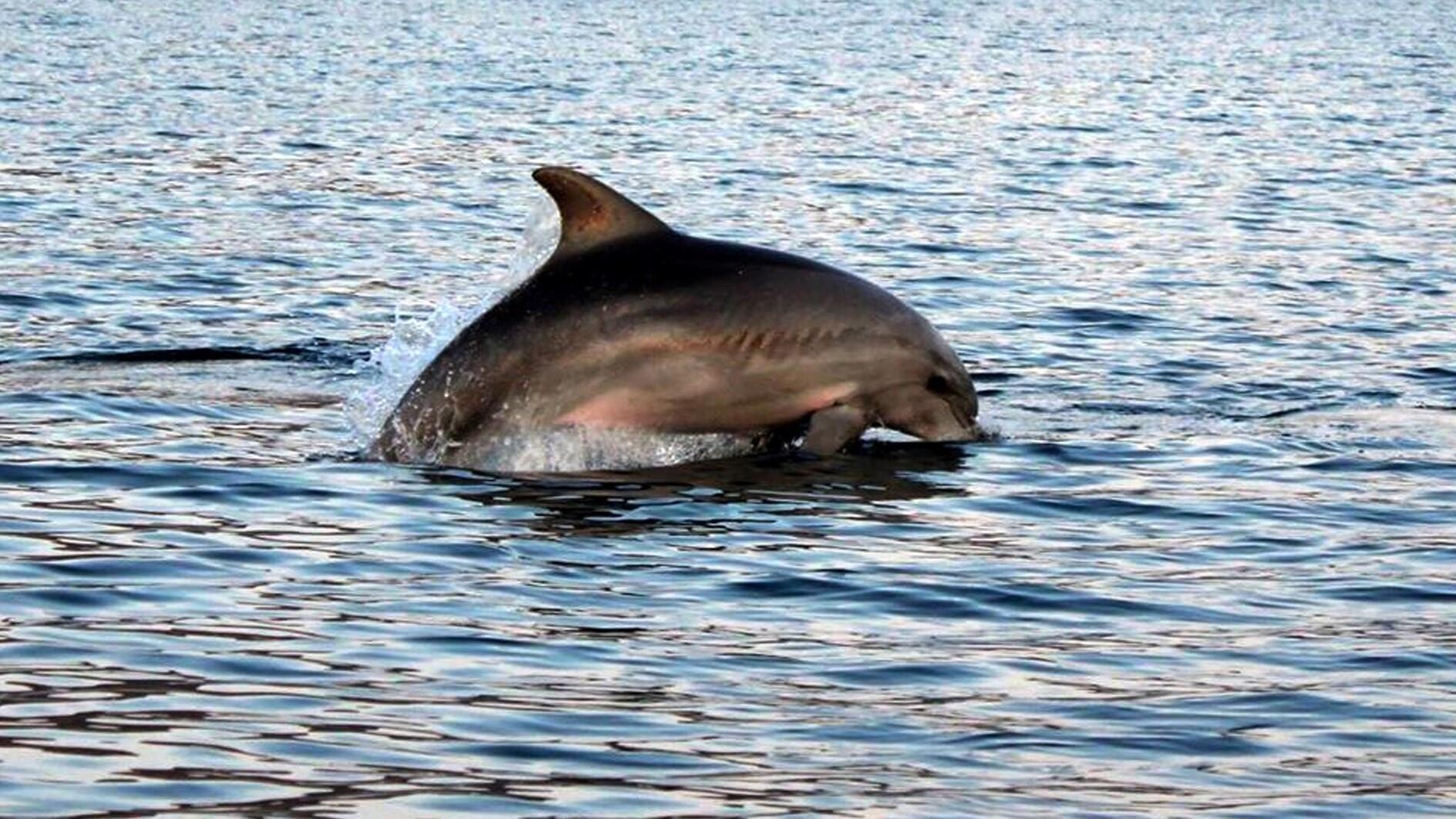Bottlenose dolphins show signs of starvation: Study
ANTALYA

A scientific study conducted by a research association based in the southern province of Antalya has revealed that bottlenose dolphins, commonly encountered in Turkish waters, have weakened due to starvation.
From the Bosphorus and Black Sea to the border province of Hatay in the eastern Mediterranean, all Turkish seas are home to bottlenose dolphin, the most prevalent marine mammal species of the nation, according to Aylin Akkaya, the founder of the Marine Mammal Research Association (DMAD).
“While their body structure indicates that they should be large in size, these animals appear to have lost a bit of weight. Their ribs have become more visible,” Akkaya said.
Bottlenose dolphins losing weight stems from the fact that the species faces hunger, though the exact cause remains unknown, she noted.
However, regarding the species' population in the Bosphorus, Akkaya suggested that the observed weakness and signs of starvation in these mammals may be linked to stressors such as underwater noise and the inadequate fish population in the strait.
In addition to this issue of declining health, the species is also experiencing a population reduction, despite the fact that these mammals have a substantial presence in the Turkish seas, according to Akkaya.
“We used to see at least 10 of them, but nowadays we only see two or three overall. Sadly, although being a native species in our nation, its present population is not very promising,” she noted.
Akkaya further mentioned that the common dolphin species (Delphinus delphis), which she describes as a more “colorful” species than bottlenose dolphins, also faces extinction in not only the Turkish waters in the Mediterranean region but across the whole Mediterranean Sea.
"They are becoming far less common. Since 2019, this species has not been observed in the eastern Mediterranean.”
On a positive note, Akkaya emphasized that the presence of whales and dolphins serves as an indicator of rich biodiversity and a healthy ecosystem. She highlighted that they, as part of the research team, help demonstrate the wealth of biodiversity in the seas through such scientific studies.
















